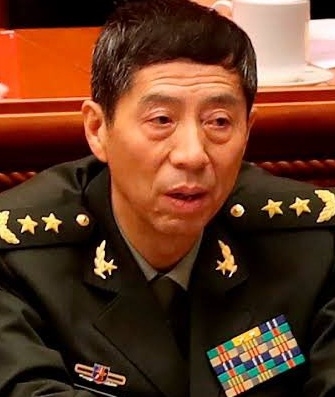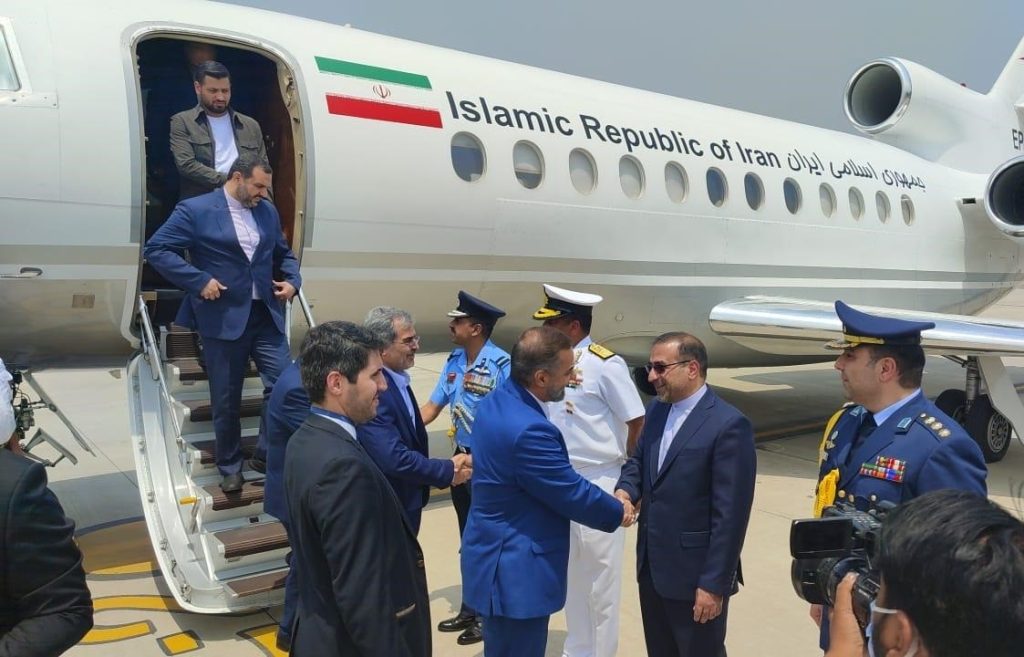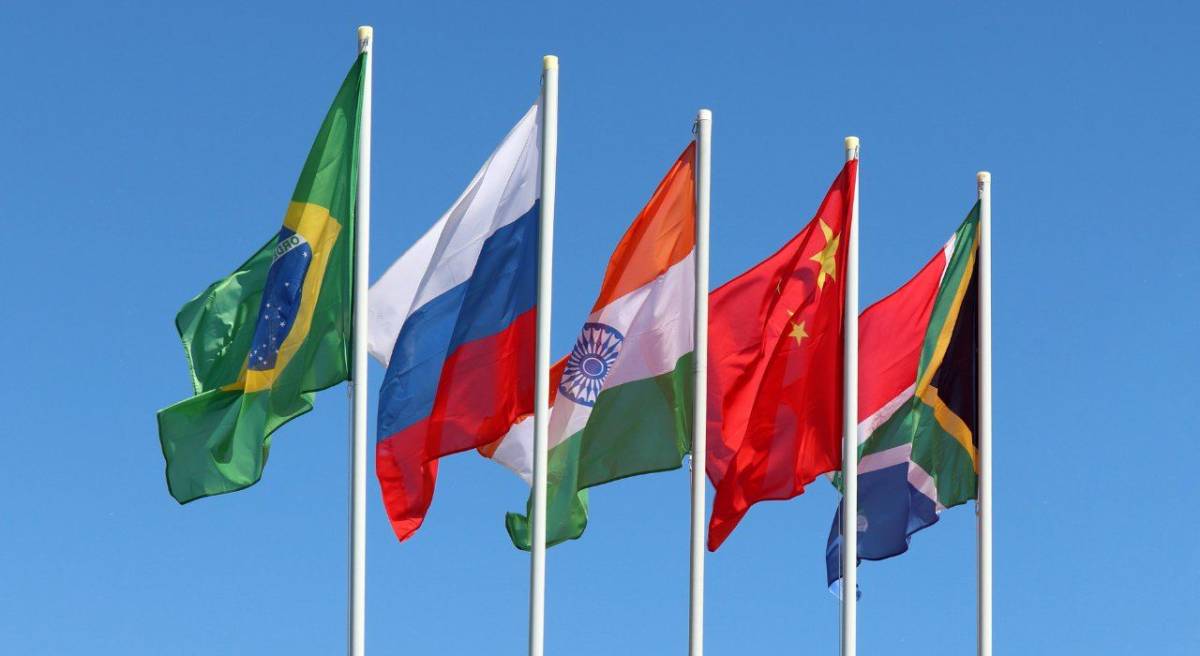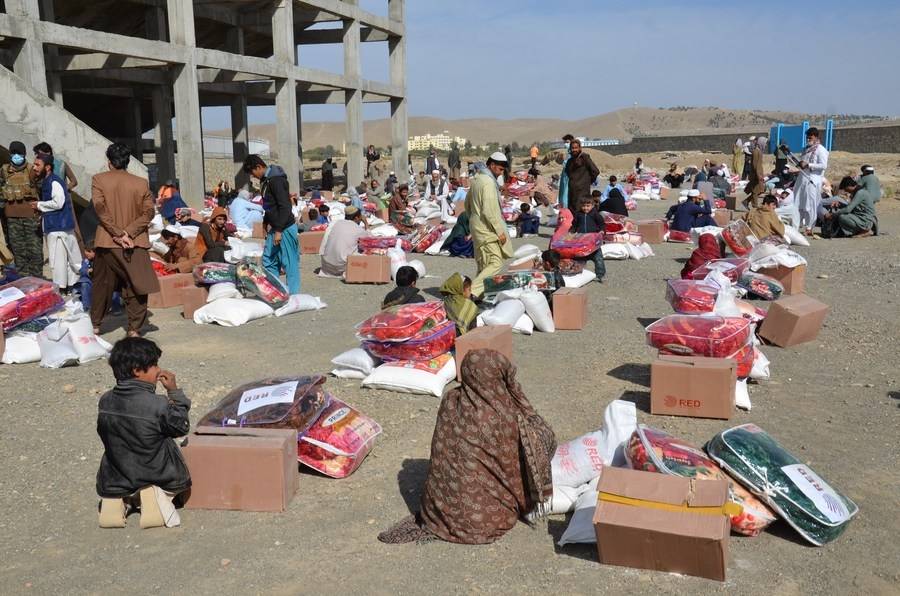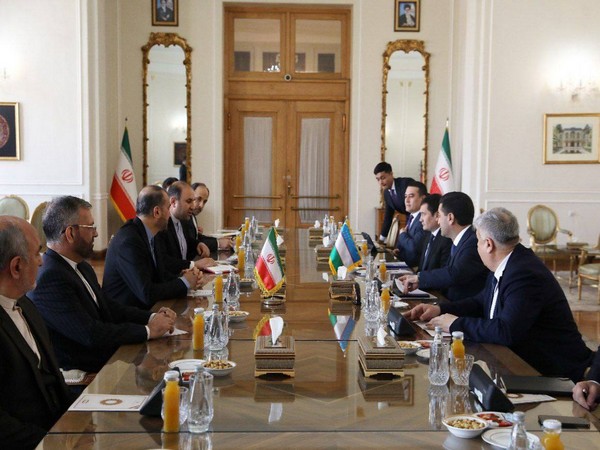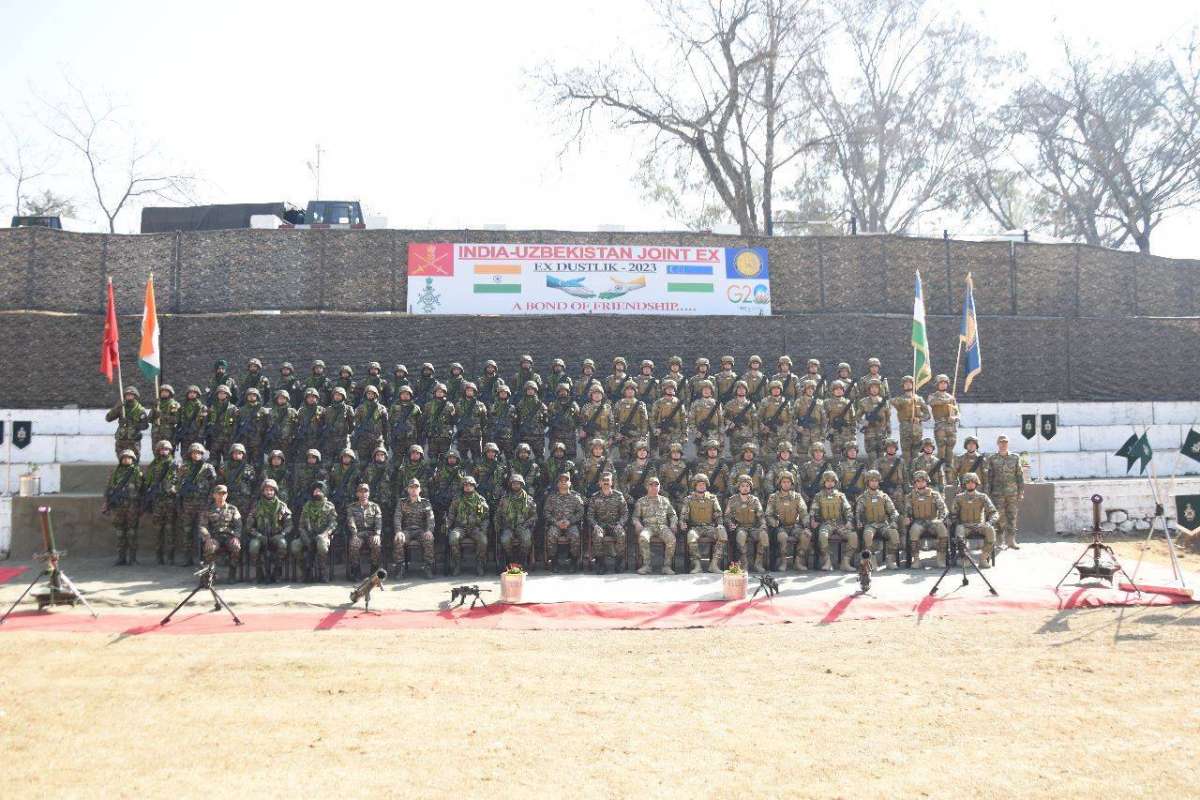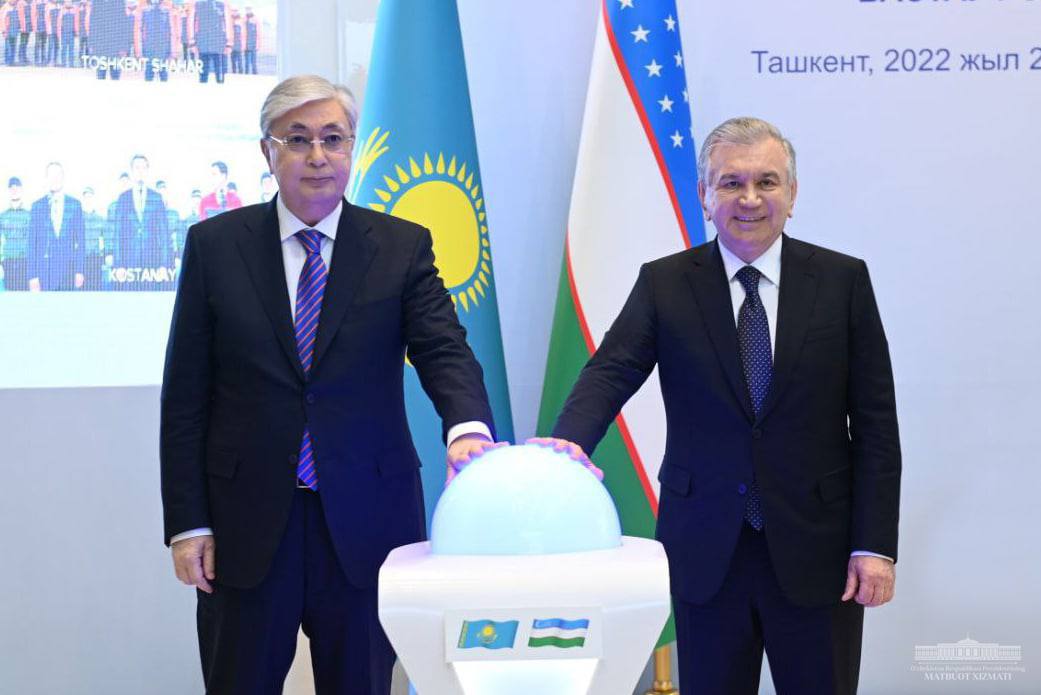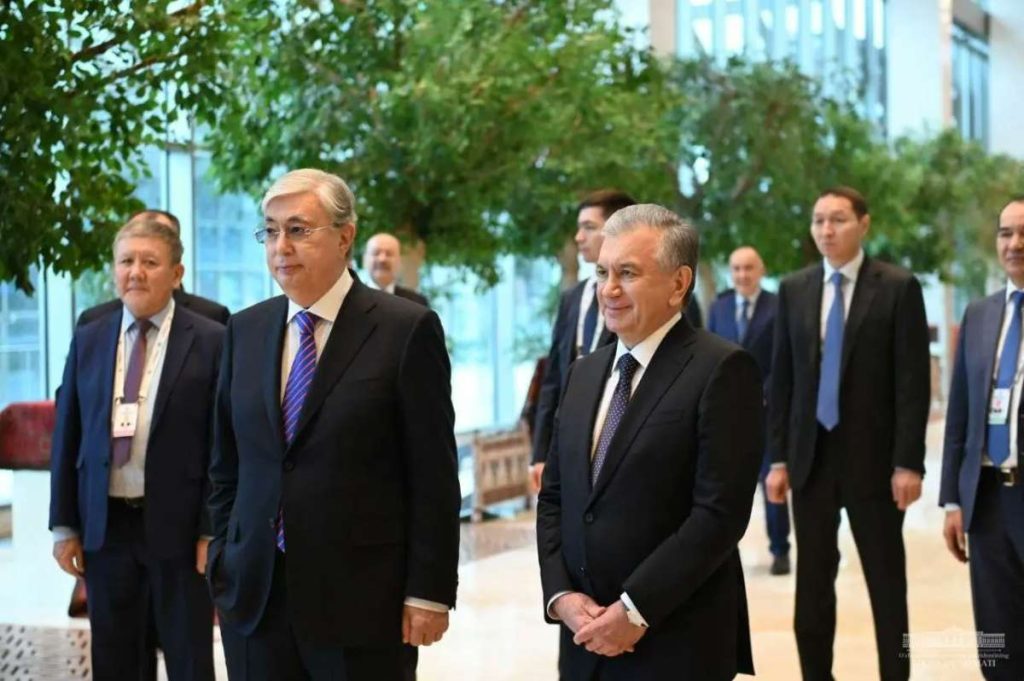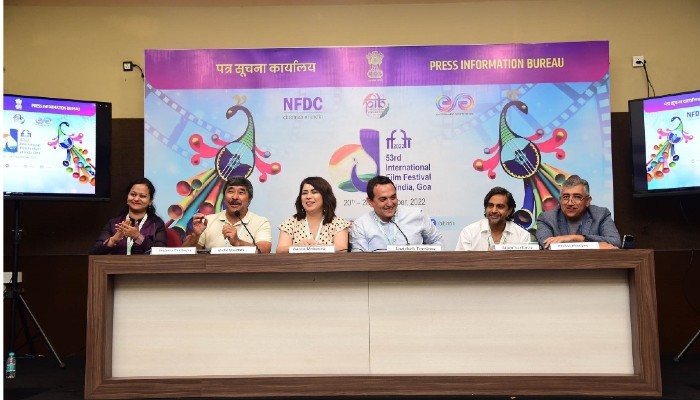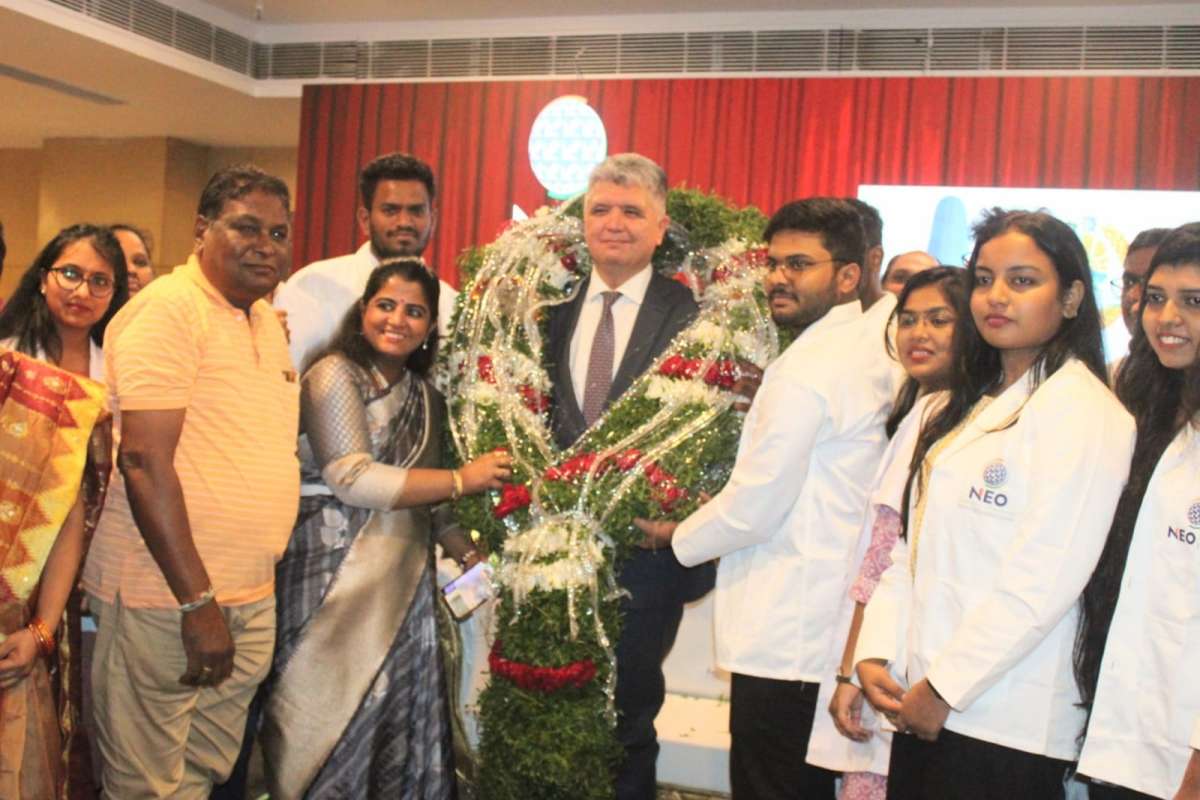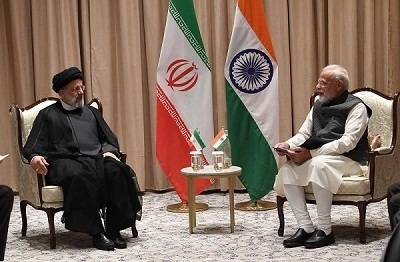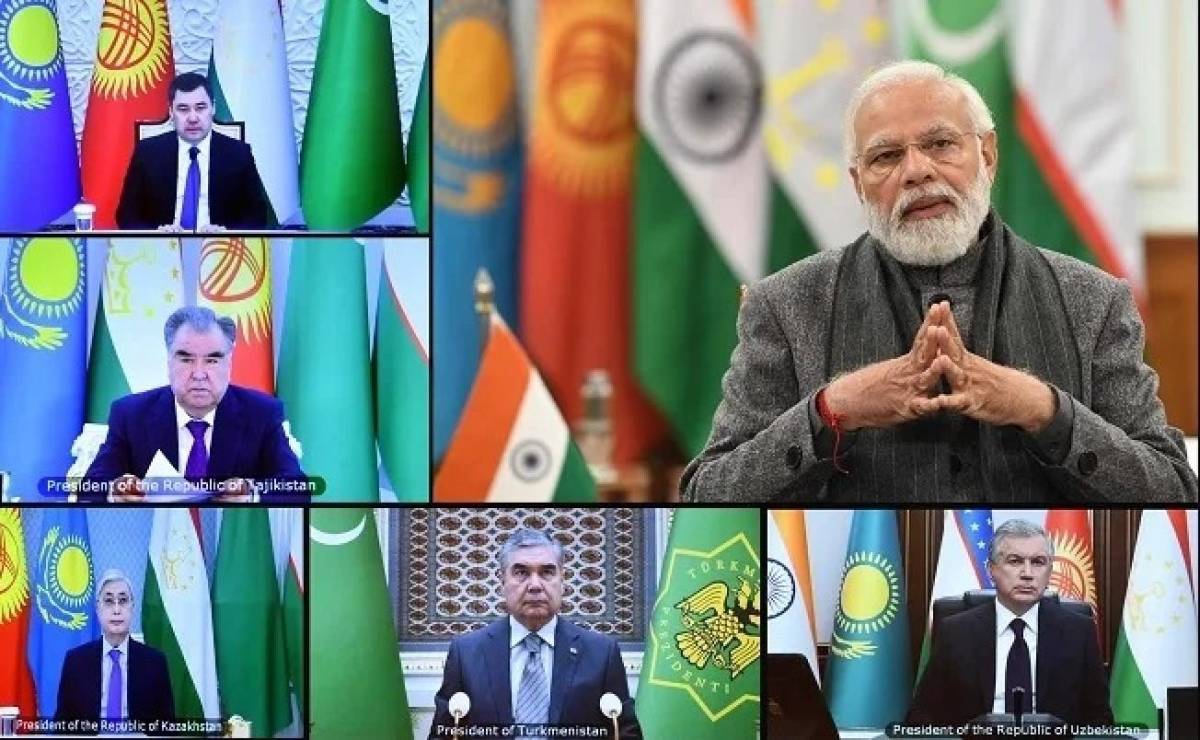The importance of Chabahar where India is developing the Shahi Beheshti terminal can be gauged from the fact that it was exempted from the slew of sanctions that the Donald Trump administration had slapped on Iran…reports Asian Lite News
Earlier this year when Indian External Affairs Minister S. Jaishankar visited Tashkent for the meeting of foreign ministers of the states of the Shanghai Cooperation Organisation (SCO), he pitched for Uzbekistan’s participation in the Chabahar port. His counterpart from Pakistan, on the other hand, pitched for the China Pakistan Economic Corridor (CPEC).
For landlocked countries of Central Asia, connectivity is the greatest priority, both in economic and strategic terms. For double landlocked countries like Uzbekistan, it assumes even greater salience. And the shortest route to the warm waters of the Indian Ocean and to South Asia and further afield is through Af-Pak.
That is why Central Asian countries have been expending special effort for integrating Afghanistan in their regional connectivity plans and by extension in their foreign policy. This policy has been followed regardless of the government in power in the war-torn country.
In 2021 Uzbekistan organised a grand connectivity conference where President Ashraf Ghani was one of the participants, as well as then Pakistani Prime Minister Imran Khan who batted for the Central Asian countries too. And this year again it organised an international conference on Afghanistan, where the Taliban were the representatives, signaling Tashkent’s willingness to do business with whoever was in power.
Afghanistan’s geography was the prime reason for Central Asian countries’ decision to welcome the Taliban in Kabul a year ago, with the exception of Tajikistan. Afghanistan’s geostrategic location as the roundabout connecting South and Central Asia makes its territory a highly coveted transit route for landlocked states of Central Asia in order to access the markets and resources of South Asia and perhaps even further.
Transit passage through Afghanistan provides the shortest route. To that end a number of mega regional projects like CASA 1000 – the project for providing power from Central Asia to South Asia, and TAPI – the Turkmenistan Afghanistan Pakistan India gas pipeline was conceived with the active support and encouragement of major powers like the US.
To that end Uzbekistan has been constructing the Termez – Mazar-i-Sharif – Kabul – Peshawar railway, and also teamed up with Iran to use the Chabahar Port. At the connectivity conference last year, Uzbekistan also became part of the South Asia- Central Asia QUAD along with the US, Afghanistan, and Pakistan for “Regional Support for Afghanistan-Peace Process and Post Settlement”, “in principle to establish a new quadrilateral diplomatic platform focused on enhancing regional connectivity”.
Turkmenistan too has been pursuing the TAPI pipeline which would take Turkmen gas to energy starved Afghanistan, Pakistan, and India, while diversifying Turkmenistan’s export market, dependent almost entirely currently on China.
For this very reason in 2016 Turkmenistan opened a railway link to Afghanistan. On the Turkmen part the link terminated at the Ymamnazar customs control point where Turkmenistan has built an oil product terminal with an annual capacity of 540,000 tonnes, and on the Afghan side, the link went up to the Aqina dry port in the Faryab province. In January 2021 Afghanistan and Turkmenistan inaugurated three major energy projects aimed at bolstering bilateral and regional ties. One was a 153 km long power transmission line which was part of the Turkmenistan-Afghanistan-Pakistan (TAP) route project to export and import of electric power between the three countries.
The second was a fiber optic project aimed at providing internet to users in Afghanistan’s Herat and surrounding provinces and the third was a rail link between Turkmenistan and Afghanistan.
In the same vein in March this year the Uzbek president Shavkat Mirziyoyev paid a state visit to Pakistan – his first ever visit to the country after taking charge in Tashkent in 2016. Both countries agreed to develop and expand their strategic collaboration in all sectors and to sign a strategic partnership treaty but at the heart of the meeting was trade and investment, and therefore connectivity.
For Uzbekistan’s vast resources and search for markets from its landlocked geography, Pakistan provides the shortest route to the warm waters of the Arabian Sea and markets in Asia and Africa.
Nevertheless, the ongoing turmoil in the region has put a spanner in the plans of the landlocked Central Asian states. In Afghanistan, turmoil continues even after the Taliban’s takeover as seen in the spate of violence fomented both by the Taliban against its civilian population, as well as in the attacks by the ISIS-KP; and in Pakistan, particularly in its Khyber Pakhtoonkhwa and Balochistan province through which all trade routes from Uzbekistan via Afghanistan have to transit and where the Gwadar port is located. Recently in August Reuters reported that the $1.2 billion Western backed CASA 1000 project – meant to connect Central Asia to South Asia through a power line, had been suspended in Afghanistan due to ongoing turmoil.
Though Af-Pak provides the shortest routes, geopolitical realities have forced these states to look elsewhere. And the most obvious transit points come through Iranian ports – in particular the Chabahar port which India is developing; and the multi-modal International North South Transport Corridor (INSTC) which connects Russia through Iran’s Bandar Abbas port with India.
On July 7th, 2022, Russian company RZD Logistics successfully completed its first transport of goods to India via the INSTC. This has further given a fillip to the landlocked Central Asian states that of the two routes, one via Afghanistan and the other via Iran, the latter is currently more feasible and sustainable given the relative stability of the latter.
The importance of Chabahar where India is developing the Shahi Beheshti terminal can be gauged from the fact that it was exempted from the slew of sanctions that the Donald Trump administration had slapped on Iran. Initially important for India’s connectivity to Afghanistan bypassing Pakistan, it has become an important gateway for India to access Central Asian markets and resources without transiting Pakistani territory, given Pakistan’s obduracy in refusing to grant India transit rights through its territory.
In 2021 External Affairs Minister pitched for connecting the INSTC to Chabahar port for obvious logistical soundness. He also proposed including Afghanistan and Uzbekistan in the INSTC to form its “eastern corridor”.
In 2020, Uzbekistan participated in the first trilateral working group together with India and Iran in discussing joint use of the Chabahar port. While simultaneously it has been backing routes through Pakistan, its more recent discussions with Indian deputy NSA Vikram Misri in Tashkent hinged on the sober realization that trade through Chabahar port was more realistic for the time being. In July India and Uzbekistan agreed to do a pilot container cargo shipment from Tashkent to India, using the multimodal route via Iran’s Chabahar Port. This was agreed at a meeting between Union minister Sarbananda Sonowal and Uzbekistan’s Deputy Prime Minister and minister of investment & foreign trade, Jamshid Khodjaev. “Both India & Uzbekistan agreed that this new vista may unlock future possibilities of a Trans Caspian Multi Modal Transit Corridor between the Central Asia and South Asia regions,” a ministry of ports, shipping, and waterways document said.
Similarly, Afghanistan’s other Central Asian neighbour Turkmenistan which has expended significant effort in cultivating relations with Afghanistan, now understands that joining the INSTC will serve it better. Also bordering Iran, Turkmenistan had not been part of the INSTC. Prime Minister Narendra Modi on his 2015 visit to Ashkhabad had invited the gas rich but cash strapped country to join the INSTC.
Last month in August, following an international conference on connectivity of landlocked countries in Turkmenistan, the country announced that it was going to join the India-Iran-Russia founded INSTC. Turkmen Deputy Prime Minister and Foreign Minister Rashid Meredov stated on August 19 that “Today Turkmenistan began the process of joining this agreement at a briefing following the international conference of landlocked countries.
Adding grist to the mill has been the Ukraine crisis and the sanctions slapped on Russia by the Western countries. Most Central Asian countries remain dependent on transit routes through the Russian Federation, and the Ukraine conflict has necessitated search for alternate routes. In the foreseeable future the usefulness of Chabahar and the INSTC will triumph over those of others.
ALSO READ-Iran’s right to choose Chabahar port partners: INDIA
